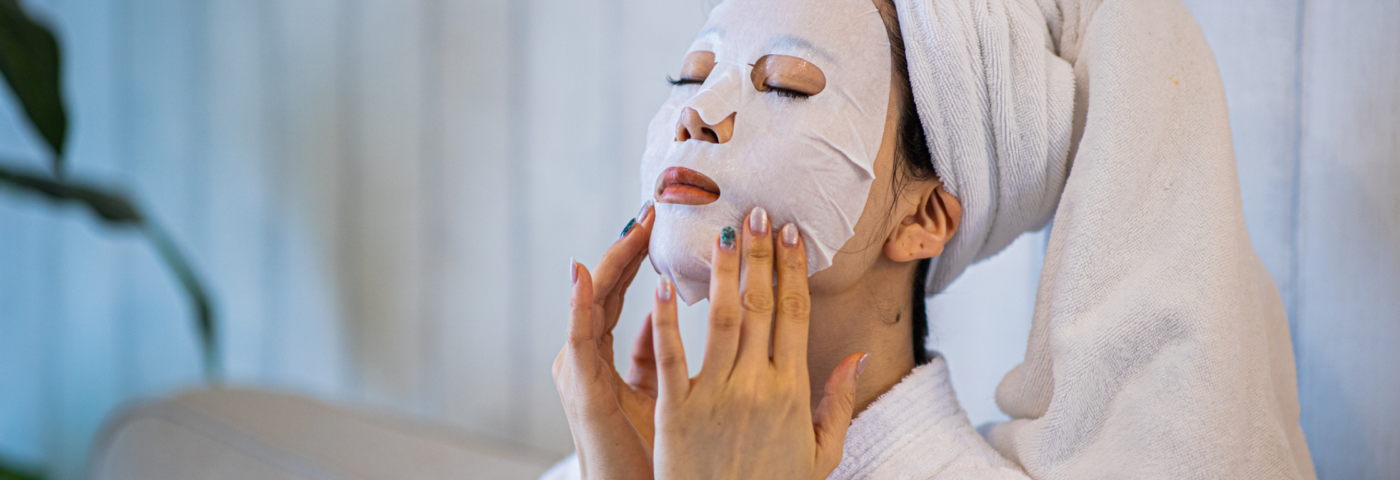I have the good fortune to be working with a Japanese company to introduce several Japanese skin brands to the US. I have visited Japan many times for business, as well as pleasure.
From an American perspective, Japanese culture may seem straightforward and well-defined, but not easy; rich and full of ritual; sometimes rigid but very thoughtful and deep.
I thought I had a reasonably good understanding of Japanese beauty rituals and products. But like most things Japanese, there’s much more beneath the surface.
Japan has one of the longest life expectancies on the planet. Not surprising that their beauty rituals are closely linked to the concept of holistic well-being. These roots run deep and have been part of the culture for hundreds of years.
There are several features of Japanese culture and the Japanese approach to beauty and self-care that are worth examining.
–Nature provides “remedies” that can soothe, heal and nourish body, mind and soul. Communing with nature requires a slower pace, being present in the moment and provides an environment for reflection, relaxation and serenity. There is a rhythm, pace and harmony within nature that is aspirational and reassuring.
–Perfection is unattainable and the quest will be frustrating at best. Embracing natural beauty and “appreciating” the flaws that are part of life will help achieve a calm mind. We can then focus on the essentials of well-being and not waste time and energy on the unachievable.
–Beauty, health and nutrition are intertwined. Everything we put in and on our bodies affects us physically and often mentally. Good skin requires good nutrition. Being mindful of what we eat is another critical element of self-care and healthy rituals. While exercise, socialization, stress management and good sleeping habits must all be part of our beauty and health effort, nutrition goes to the front of the line.
–Simplicity is sacred. Focusing on the essentials, physically and spiritually, is an integral part of Japanese culture. Appreciating uncluttered spaces and surfaces can provide a calm, peaceful emotional and mental state. Clutter can feel unorganized and distracting. A mindful, thoughtful approach to the “things” in our lives allows us to prioritize and leaves space and time for essentials.
Remember Marie Kondo’s The Life-Changing Magic of Tidying Up? It felt revolutionary to many Americans when it was published in 2014. I hope Marie doesn’t object to my summarizing what I gained from the book:
-restore balance
-get rid of anything that doesn’t bring joy
-experience the exhilaration of simplicity
-bring order and confidence to your life
-appreciate slow living
What does all this have to do with beauty you ask….
This is where it can be confusing for a non-Japanese (even a self-acclaimed beauty junkie) to make the connection to simplicity. For many Americans, a skin care “regimen” is cleansing and moisturizing == two steps. About 25% of Americans use a sun screen (NIH).
Looking at the Japanese ritual of regular face masks (may be for gentle exfoliation or deep hydration), double cleansing, essence, lotion, emulsion, serum, oil, moisturizer, eye cream, sunscreen: nothing simple or quick here. But that’s not the purpose. The ritual, the self-care and the mindfulness are all part of the process.
When probed, my Japanese friends explain each step has a purpose and a meaning. Looking at flawless, poreless, radiant Japanese skin, they have a point. I simply need to get up earlier.
–Respect and Mindfulness are integral concepts and behaviors in Japanese culture at every level. Paying attention to details; showing consideration, respect and reverence; being conscious of the environment and the situation; demonstrating purpose—these are truly tenets of this culture.
This is translated into respecting one’s self and being mindful that all actions have consequences. Taking care of one’s health is not self-indulgent, it’s the key to holistic health and beauty, which are intricately connected.
With thanks to my colleague, Hinako Sugioka, for helping me understand the spirit and essence of Japanese beauty.
Take time to explore it. It’s worth the effort.
Want to find out more about J-Beauty? Visit the Country Focus Japan at in-cosmetics Korea
Enjoyed this article? Get more by subscribing to our newsletter!
Feeling inspired to see ingredients and trends in action?
Then why not visit one of the in-cosmetics events around the world?

